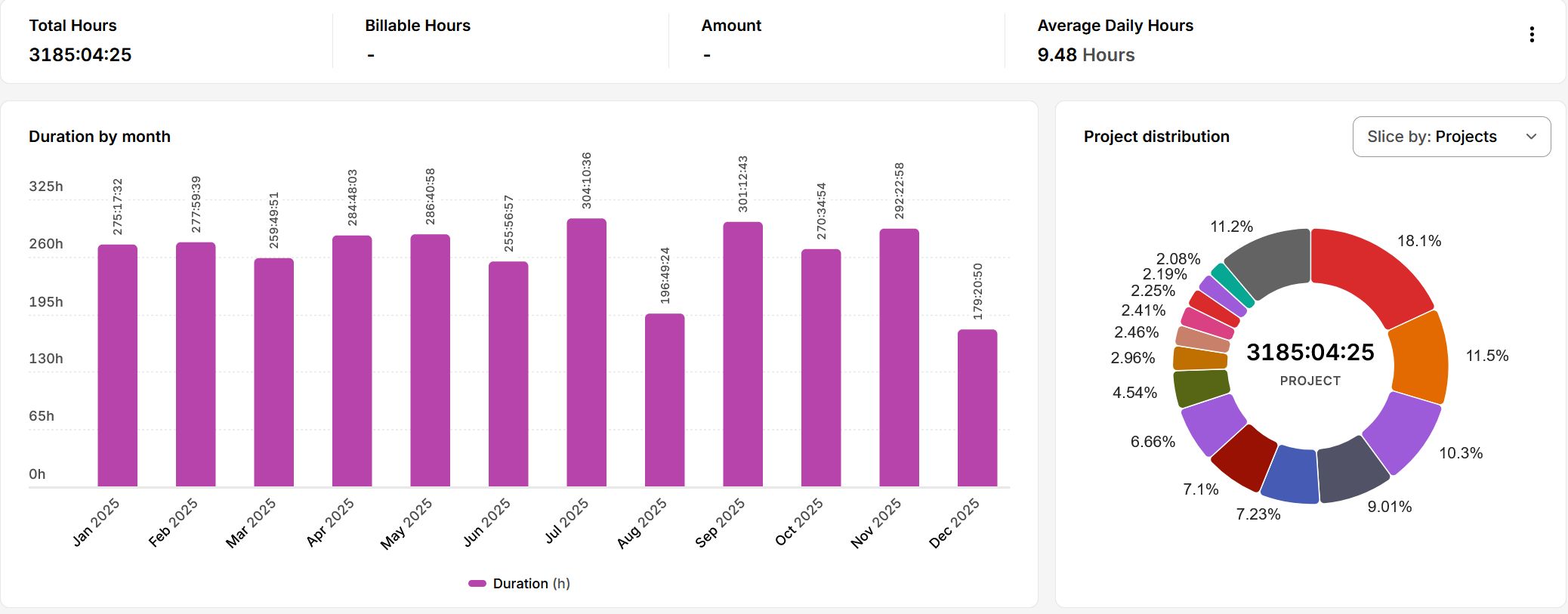
Practicing patience in academia
If there’s one trait I didn’t expect I’d need so in academia, it’s patience. Academia unfolds on a slow timeline. Experiments take months to set up. Papers can take a year or more to see the light of day. Proposals get rejected (my current heartbreak) and agreements take forever to get signed. Collaborators become less available, resulting in stalled projects. And sometimes, the most significant breakthroughs come only after long periods of quiet, steady work.
I’m not a naturally patient person, to say the least. I like progress. I like ticking things off my to-do list. I have zero tolerance for people who show up late to meetings. So practicing patience is exactly that: a practice.
It’s something I try to cultivate intentionally. Here are some of the ways I’ve been trying to train mine (with the emphasis on trying, as I tap my feet while waiting for Da Funds):
- Think of the long horizon: I remind myself that academic work is a marathon, not a sprint. What matters is where I’m heading, not how fast I’m moving on any particular day (although it does not help that I cannot plan for any travel for next year because almost no projects). Zooming out helps me see the broader picture, know that this too shall pass (I hope), and that the next cycle will bring what I want.
- Take a deep breath: Literally. Before responding to yet another round of reviewer comments, before opening my mailbox and seeing the onslaught, before giving in to the frustration of waiting: I try to remember to pause and breathe. It works, and it is hard to remember to do it at the same time.
- Acknowledge my impatient nature and sit with it: I don’t pretend to be endlessly calm. I name my impatience, and joke about it when appropriate. Just recognizing that I want things to move faster allows me to be less reactive. I’ve learned that being uncomfortable is not the same as being in the wrong place.
- Practice compassion with others: Often, impatience flares up in communication: waiting for feedback, chasing collaboration, feeling how other let tasks slide off to me, or simply trying to coordinate schedules. I try to remember that everyone is navigating their own internal and external timelines.
Patience isn’t something I’ve mastered, and most likely I never will. But like many aspects of personal growth in my career, it’s a process I return to again and again. And I know it is something I need to learn to deal better with rejections and become a better supervisor and leader.
How do you practice patience?



